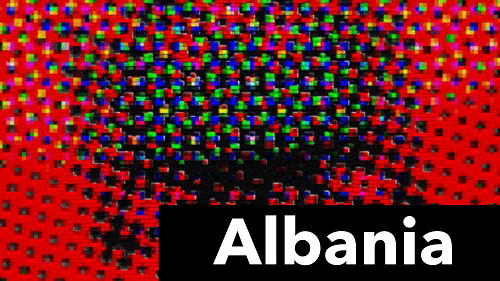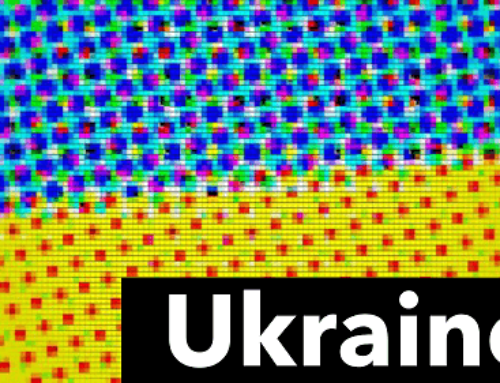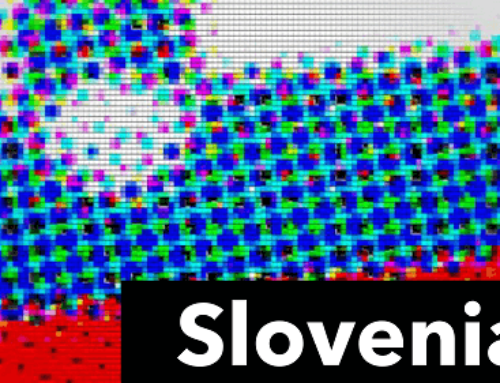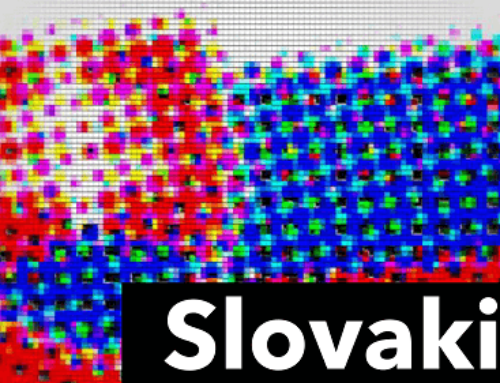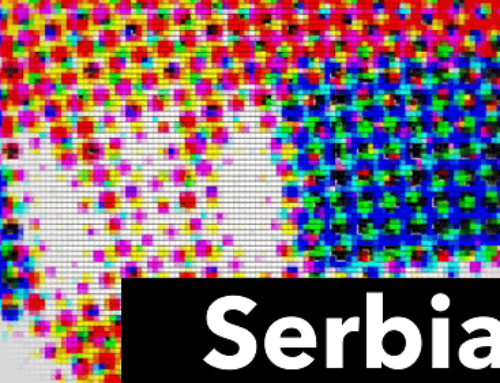Albania: a southeast european country with a population of three million people on the border to Montenegro, Greece, North Macedonia, and Kosovo. A country that has suffered from poor infrastructure, high unemployment, and corruption. [1] For further insights in this country, the following report will outline its history and its current political and economic situation
Albania since World War I
The first parliamentary elections were held in 1921 and were overshadowed by the overthrow of the government and authoritarian rule. At this time, a dependance on Italy was already evident and resulted in an occupation by Italian troops during the Second World War. The following years were shaped by alliances with Yugoslavia, the Soviet Union and China.
During the 1990s, Albania developed into a parliamentary republic after various mass protests and civil society engagement against the communist regime. In 1991 an interim constitution was adopted (the new constitution came into effect in 1998), and the Socialist Republic of Albania was renamed in the Republic of Albania. [2]
The current political system of Albania
Albania professes to be a democratic constitutional state which is based on pluralism, separation of powers and the guarantee of fundamental rights. The Albanian Parliament consists of one chamber and 140 members who are elected every four years. Parties must get at least 3% out of all the votes to be represented in Parliament. Since 2021 the Socialist Party under Edi Rama (Prime Minister) holds the majority; the largest opposition party is the Democratic Party (DP). Other parties represented in Parliament are the Socialist Movement for Integration (LSI) and the Social Democratic Party (PSD). The president of Albania is elected in a secret election every five years. He fulfills not only representative duties, but he is also the commander-in-chief of the army. The current president Ilir Meta as the Founder of the LSI movement was elected in 2017. [3]
Economic developments
The economic situation of Albania remains unsure: (Youth) unemployment is one of the biggest problems the country must deal with, especially since there are no exact figures due to widespread informal economy. The majority of employees continues to work in agriculture, although external investments
fließen jedoch nur in private Bauaktivitäten. Many investors and other international partners still criticize the weak infrastructure and the strong corruption in the country. Der Albanian Lek has been the official currency of Albania since 1925. (the first series of notes were printed in Albanian and Italian). Furthermore, the country’s debits have been rising over the past ten years – currently at 60% of the GDP. Both in an international and european comparison, Albania is one of the economically weakest countries. [4]
Albania as an international actor?
In international relations, eurocentric developments can be observed: Since 2009 Albania is member of the military alliance NATO. Furthermore, it is part of the CEFTA-Agreement and since 2014, Albania is an official candidate für the EU membership although the negotiations haven’t started yet. In addition, Albania has strong (trading) relations with Greece and Italy as well as with its neighboring countries Montenegro and Kosovo. [5]
Christine Tapler

